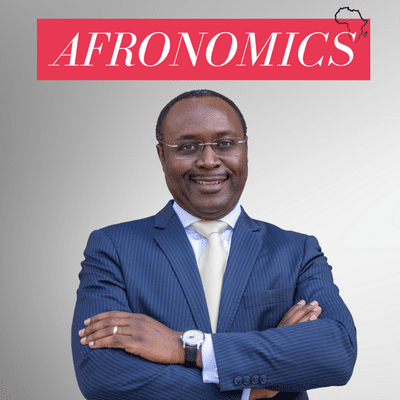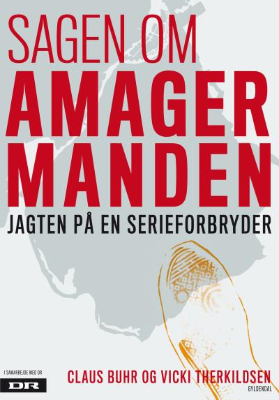
Begrænset tilbud
3 måneder kun 9,00 kr.
Derefter 99,00 kr. / månedIngen binding.
Alle episoder
15 episoderToday we are tackling an issue that is on the minds of every African policy maker, and one that has captured international discussions for several years: African Debt. Debt can be an incredibly useful tool for governments when managed transparently and correctly, and when it is used to fund investments that pay off in the long term. It can fill important funding gaps that development assistance and domestic resource mobilization cannot. But several countries have found themselves in a vicious cycle of debt, effectively mortgaging their people’s futures by agreeing to riskier and less transparent terms that hold their fiscal space hostage. Civil society groups in many places have rightly become increasingly vocal in opposition to borrowing for large projects, advocating for more prudent spending and greater transparency. Host Albert Zeufack, Chief Economist for Africa at the World Bank, discusses this and more with Carmen Reinhart, the World Bank Group’s Chief Economist and an expert on global debt.
Economic growth in Sub-Saharan Africa is estimated to have contracted by 2.0% in 2020, closer to the lower bound of the forecast in April 2020, and prospects for recovery are strengthening amid actions to contain new waves of the pandemic and speed up vaccine rollouts, according to the World Bank’s biannual economic analysis for the region.
As we close out 2020 and look into 2021, one thing is abundantly clear: the world has changed. There is much to be concerned about against the backdrop of COVID-19, but so much to be proud of and hopeful for across Africa. This episode of Afronomics looks back over the last five decades of crises, successes, and development in Africa to see what lessons can be applied now, as the economic recovery gets underway across Africa. Host Albert Zeufack, Chief Economist for Africa at the World Bank, discusses this and more with Dr. K.Y. Amoako, Founder and President of the African Center for Economic Transformation and former Executive Secretary of the Economic Commission for Africa. Dr. Amoako started his career in 1974 at the World Bank and has dedicated his life to solving the development challenges of the world’s poorest countries, especially those in Africa. He has recently published the book, Know the Beginning Well: An Inside Journey Through Five Decades of African Development.
The COVID19 pandemic is taking hold in Africa, and countries are dealing with the health and economic impacts that are becoming clearer as the weeks go by. For many export-led economies, there has been a sharp decline in exports and consequently export revenues. The economic effects of the pandemic are projected to be huge. The private sector, especially small businesses, in Africa will be hard hit by this pandemic. Host Albert Zeufack, Chief Economist for the Africa Region at the World Bank, invites Dr. Arkebe Oqubay, the Senior Minister and Special Advisor to the Prime Minister of the Federal Republic of Ethiopia, to help us understand the impact of this pandemic on the private sector in Africa, and share what Ethiopia is doing to protect people, support businesses, and save jobs.
Timely and relevant knowledge and information sharing can help individuals change behavior, can inform countries’ responses, and can help prevent missteps from being repeated across the world. For African countries that has meant taking what we know from East Asian and European countries that faced COVID-19 a bit earlier and helping figure out what may, or may not, work in places where informality is high, or where lockdowns are not feasible. Host Albert Zeufack, Chief Economist for the Africa Region at the World Bank, is honored to welcome Mari Pangestu to Afronomics. Mari Pangestu is the Managing Director for Development Policy and Partnerships at the World Bank and oversees the World Bank’s knowledge work.
Begrænset tilbud
3 måneder kun 9,00 kr.
Derefter 99,00 kr. / månedIngen binding.
Eksklusive podcasts
Uden reklamer
Gratis podcasts
Lydbøger
20 timer / måned



















